5 States Where Taxes Are Going Up in 2017
Although President-elect Donald Trump has pledged to cut federal taxes, state taxes are rising across the U.S.

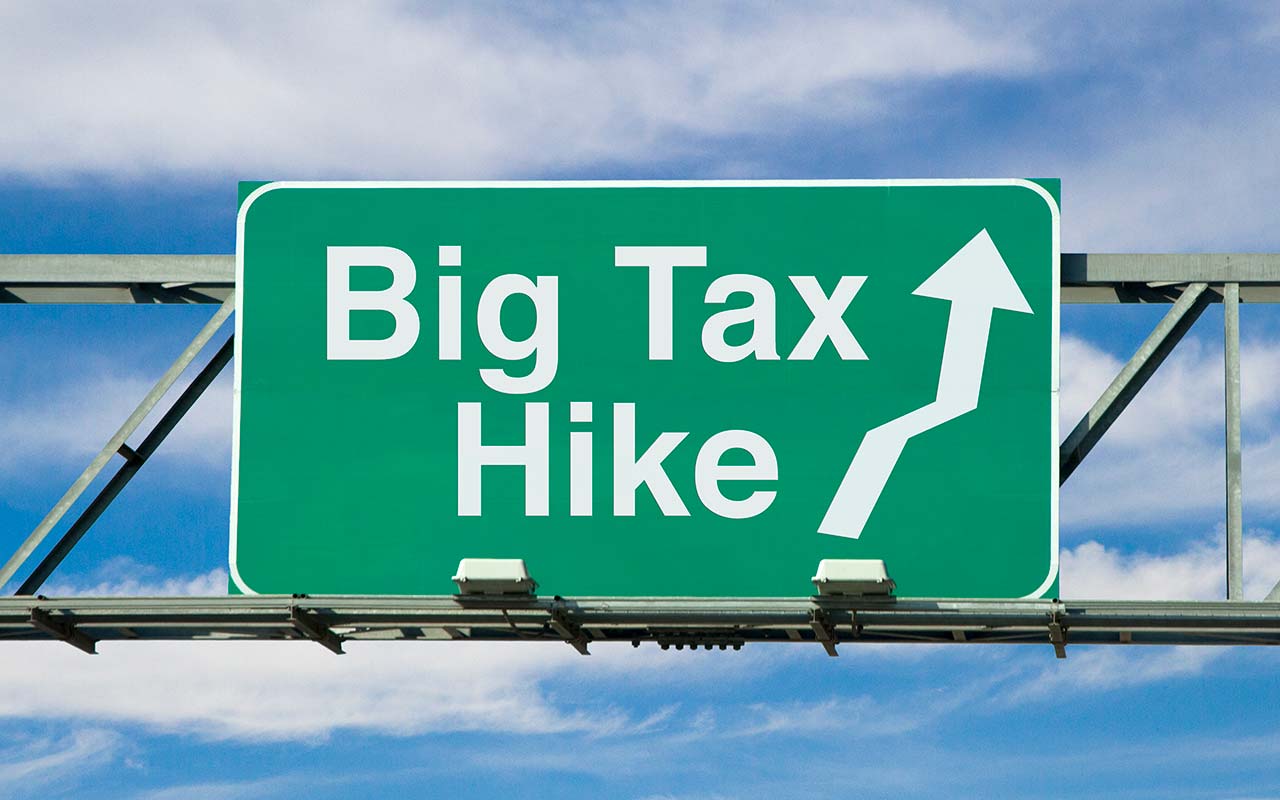
Profit and prosper with the best of Kiplinger's advice on investing, taxes, retirement, personal finance and much more. Delivered daily. Enter your email in the box and click Sign Me Up.
You are now subscribed
Your newsletter sign-up was successful
Want to add more newsletters?

Delivered daily
Kiplinger Today
Profit and prosper with the best of Kiplinger's advice on investing, taxes, retirement, personal finance and much more delivered daily. Smart money moves start here.

Sent five days a week
Kiplinger A Step Ahead
Get practical help to make better financial decisions in your everyday life, from spending to savings on top deals.

Delivered daily
Kiplinger Closing Bell
Get today's biggest financial and investing headlines delivered to your inbox every day the U.S. stock market is open.

Sent twice a week
Kiplinger Adviser Intel
Financial pros across the country share best practices and fresh tactics to preserve and grow your wealth.

Delivered weekly
Kiplinger Tax Tips
Trim your federal and state tax bills with practical tax-planning and tax-cutting strategies.

Sent twice a week
Kiplinger Retirement Tips
Your twice-a-week guide to planning and enjoying a financially secure and richly rewarding retirement

Sent bimonthly.
Kiplinger Adviser Angle
Insights for advisers, wealth managers and other financial professionals.

Sent twice a week
Kiplinger Investing Weekly
Your twice-a-week roundup of promising stocks, funds, companies and industries you should consider, ones you should avoid, and why.

Sent weekly for six weeks
Kiplinger Invest for Retirement
Your step-by-step six-part series on how to invest for retirement, from devising a successful strategy to exactly which investments to choose.
Although President-elect Donald Trump has pledged to cut federal taxes, state taxes are rising across the U.S. as financially strapped states search for funds to repair deteriorating infrastructure and close widening budget shortfalls. In their search for revenue, states have targeted everything from e-cigarettes to lottery winnings.
Even Alaska, long a low-tax haven and one of our 10 most tax-friendly states, is feeling the heat. Alaska currently has no income or state sales tax. But to offset a sharp decline in oil revenues, Gov. Bill Walker has proposed a 3% statewide sales tax, which he says is needed to close the state’s $3.2 billion budget deficit.
Raising existing state taxes or imposing new ones could backfire if they lead to fewer taxpayers. Technology has made it easier for individuals and businesses to move to states—or countries—with lower tax rates, says Joe Henchman, vice president of legal and state projects for the Tax Foundation, a policy research organization based in Washington, D.C. “Everybody is under the gun to be more competitive, whether it’s government or the private sector,” he says.
Here are five states—including three already on our list of the 10 Least Tax-Friendly States in the U.S.—where residents will pay higher taxes in 2017. Take a look.

Maine
- Kiplinger’s tax rating: One of the 10 least tax-friendly states in the U.S.
- Income tax: 5.8% (on taxable income of less than $21,050 for single filers; less than $42,100 for joint filers) - 10.15% (on taxable income of $37,500 or more for single filers; $75,000 or more for joint filers)
- State sales tax: 5.5%
- What’s changing in 2017: Higher income taxes on top earners
In November, Maine residents narrowly approved a 3% income tax surcharge on residents with income of more than $200,000. The tax hike, which will be used to fund public education, raises Maine’s top tax rate in 2017 to 10.15%, the second-highest in the U.S. (California’s top tax rate of 13.3% is the highest.) The surcharge will raise an estimated $142 million in the first year, according to the state’s Office of Fiscal and Program Review.
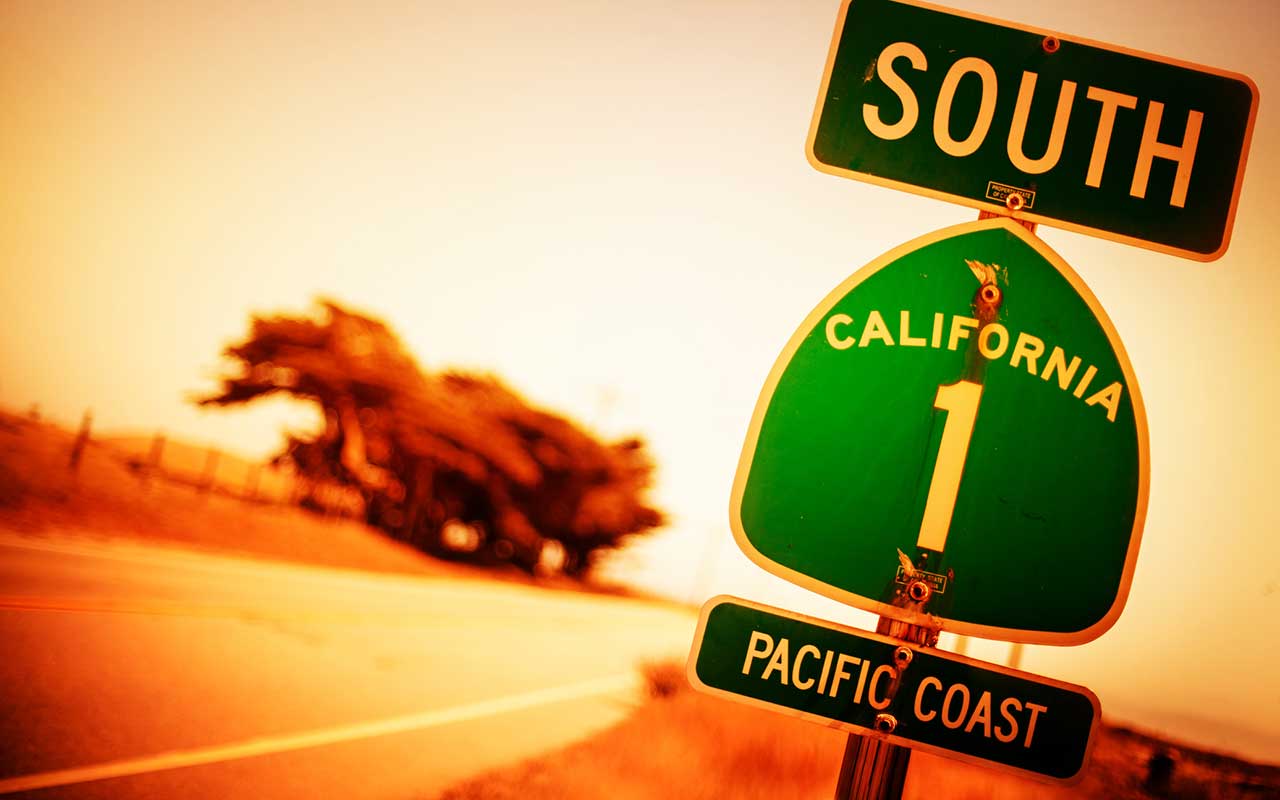
California
- Kiplinger’s tax rating: One of the 10 least tax-friendly states in the U.S.
- Income tax: 1% (on taxable income of less than $7,850 for single filers; less than $15,700 for joint filers) - 13.3% (on taxable income of $1 million or more for single filers; $1,052,886 or more for joint filers)
- State sales tax: 7.25% (as of Jan. 1, 2017)
- What’s changing in 2017: Higher taxes for smokers
Californians voted in November to increase the state tax on cigarettes from 87 cents to $2.87 a pack, effective April 1, 2017. The tax will also apply to e-cigarettes. The first year, the tax will raise an estimated $1.4 billion, which is expected to be used for health care and smoking-cessation programs.
Californians also approved a measure to extend higher income tax rates for the state’s top earners through 2030. The three highest tax rates, which start at 10.3% and top out at 13.3%, were originally scheduled to expire in 2018.
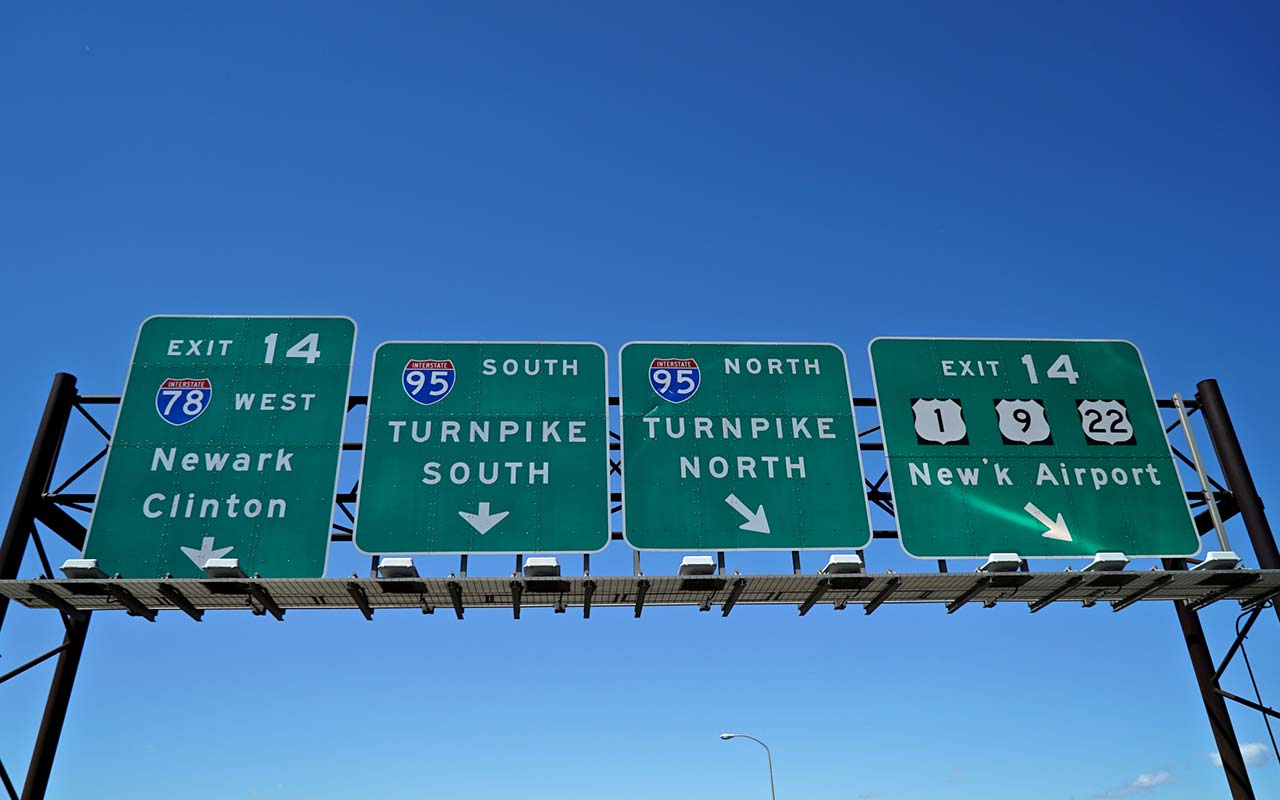
New Jersey
- Kiplinger’s tax rating: One of the 10 least tax-friendly states in the U.S.
- Income tax: 1.4% (on taxable income of less than $20,000) - 8.97% (on taxable income of $500,000 or more)
- State sales tax: 7%
- What’s changing in 2017: Higher gas taxes
In October, Gov. Chris Christie signed legislation that raised New Jersey’s gas tax from 14.5 cents to 37.5 cents a gallon. Overnight, the state’s gas tax jumped from the second-lowest in the country to the seventh-highest. Funds from the tax hike will be used to shore up the state’s deteriorating roads and bridges.
Although the state’s budget deal will increase the cost of gassing up in the Garden State, it also includes some generous tax reductions. The state will gradually increase the amount of retirement income that’s sheltered from tax through 2020, when a married couple will be able to exclude as much as $100,000. In addition, the amount of assets excluded from the state’s estate tax will rise from $675,000 to $2 million on January 1, and the tax will disappear in 2018.
SEE ALSO: 10 States With the Scariest Death Taxes

Pennsylvania
- Kiplinger’s tax rating: Mixed tax picture
- Income tax: 3.07%
- State sales tax: 6%
- What’s changing in 2017: New taxes on digital content, higher taxes on smokers
The 2016-17 budget bill approved by Pennsylvania lawmakers in August extended the state’s 6% sales tax to digital streaming services and downloads. The tax package also hiked taxes on cigarettes by $1, for a total tax of $2.60 per pack, and extended the tax to e-cigarettes and smokeless tobacco.
The budget package also took a bite out of residents’ lottery winnings. Previously, Pennsylvania was one of only two states (California was the other one) that exempted lottery winnings from state taxes. The budget package scrapped that exemption, retroactive to Jan. 1, 2016.

Louisiana
- Kiplinger’s tax rating: One of the 10 most tax-friendly states in the U.S.
- Income tax: 2% (on taxable income of less than $12,500 for single filers; less than $25,000 for joint filers) - 6% (on taxable income of $50,000 or more for single filers; $100,000 or more for joint filers)
- State sales tax: 5%
- What’s changing in 2017: Higher sales taxes
In April, Louisiana increased its state sales tax by one percentage point, to 5% from 4%. The change boosted the average state and local sales tax rate to 9.99%, the highest in the U.S. The increase is scheduled to expire on June 30, 2018. Lawmakers also voted to extend the sales tax to a number of items that had been exempt, including Mardi Gras beads.
Smokers in the Big Easy will pay more, too. The April tax package hiked the tax on a pack of cigarettes to $1.08 from 86 cents.
Profit and prosper with the best of Kiplinger's advice on investing, taxes, retirement, personal finance and much more. Delivered daily. Enter your email in the box and click Sign Me Up.

Block joined Kiplinger in June 2012 from USA Today, where she was a reporter and personal finance columnist for more than 15 years. Prior to that, she worked for the Akron Beacon-Journal and Dow Jones Newswires. In 1993, she was a Knight-Bagehot fellow in economics and business journalism at the Columbia University Graduate School of Journalism. She has a BA in communications from Bethany College in Bethany, W.Va.
-
 How Much It Costs to Host a Super Bowl Party in 2026
How Much It Costs to Host a Super Bowl Party in 2026Hosting a Super Bowl party in 2026 could cost you. Here's a breakdown of food, drink and entertainment costs — plus ways to save.
-
 3 Reasons to Use a 5-Year CD As You Approach Retirement
3 Reasons to Use a 5-Year CD As You Approach RetirementA five-year CD can help you reach other milestones as you approach retirement.
-
 Your Adult Kids Are Doing Fine. Is It Time To Spend Some of Their Inheritance?
Your Adult Kids Are Doing Fine. Is It Time To Spend Some of Their Inheritance?If your kids are successful, do they need an inheritance? Ask yourself these four questions before passing down another dollar.
-
 States That Tax Social Security Benefits in 2026
States That Tax Social Security Benefits in 2026Retirement Tax Not all retirees who live in states that tax Social Security benefits have to pay state income taxes. Will your benefits be taxed?
-
 Ten States with the Lowest Sales Tax in 2025
Ten States with the Lowest Sales Tax in 2025Sales Tax Living in one of the lowest sales tax states doesn't always mean you'll pay less.
-
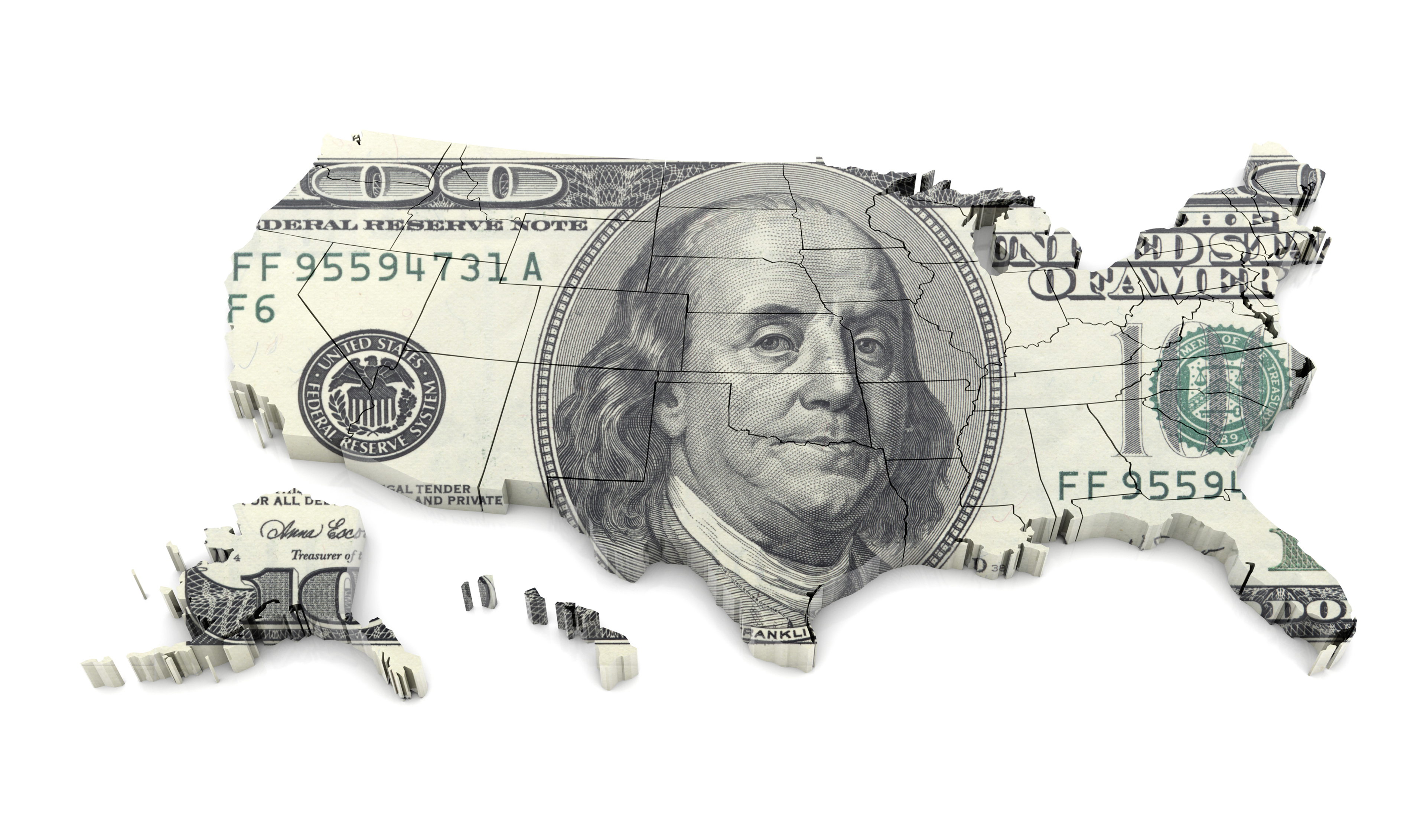 10 Least Tax-Friendly States for Middle-Class Families
10 Least Tax-Friendly States for Middle-Class FamiliesState Tax Here’s what living in one of the least tax-friendly states for middle-class families costs residents.
-
 Low-Tax States for 'Middle-Class' Families in 2026
Low-Tax States for 'Middle-Class' Families in 2026State Tax Here are the best states for families with middle incomes (due to low tax burdens).
-
 15 States That Tax Military Retirement Pay (and Other States That Don't)
15 States That Tax Military Retirement Pay (and Other States That Don't)retirement Taxes on military retirement pay vary from state-to-state. How generous is your state when it comes to helping retired veterans at tax time?
-
 5 Tax Deadlines for October 17
5 Tax Deadlines for October 17tax deadline Many taxpayers know that October 17 is the due date for filing an extended tax return, but there are other tax deadlines on this date.
-
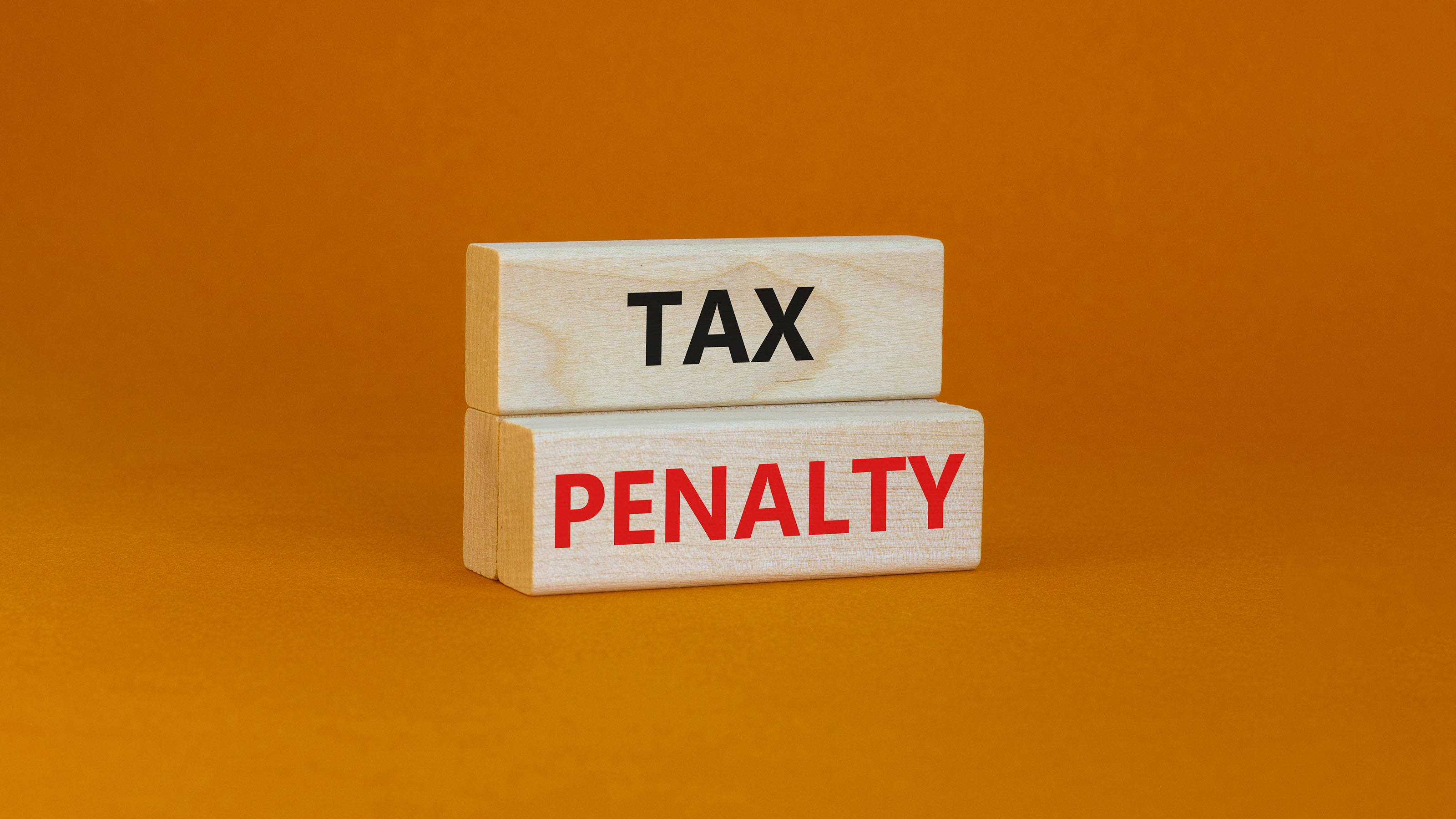 Penalties for Filing Your Tax Return Late
Penalties for Filing Your Tax Return Latetax deadline Stiff penalties await those who didn't file their return (or pay any tax owed) by the tax filing deadline.
-
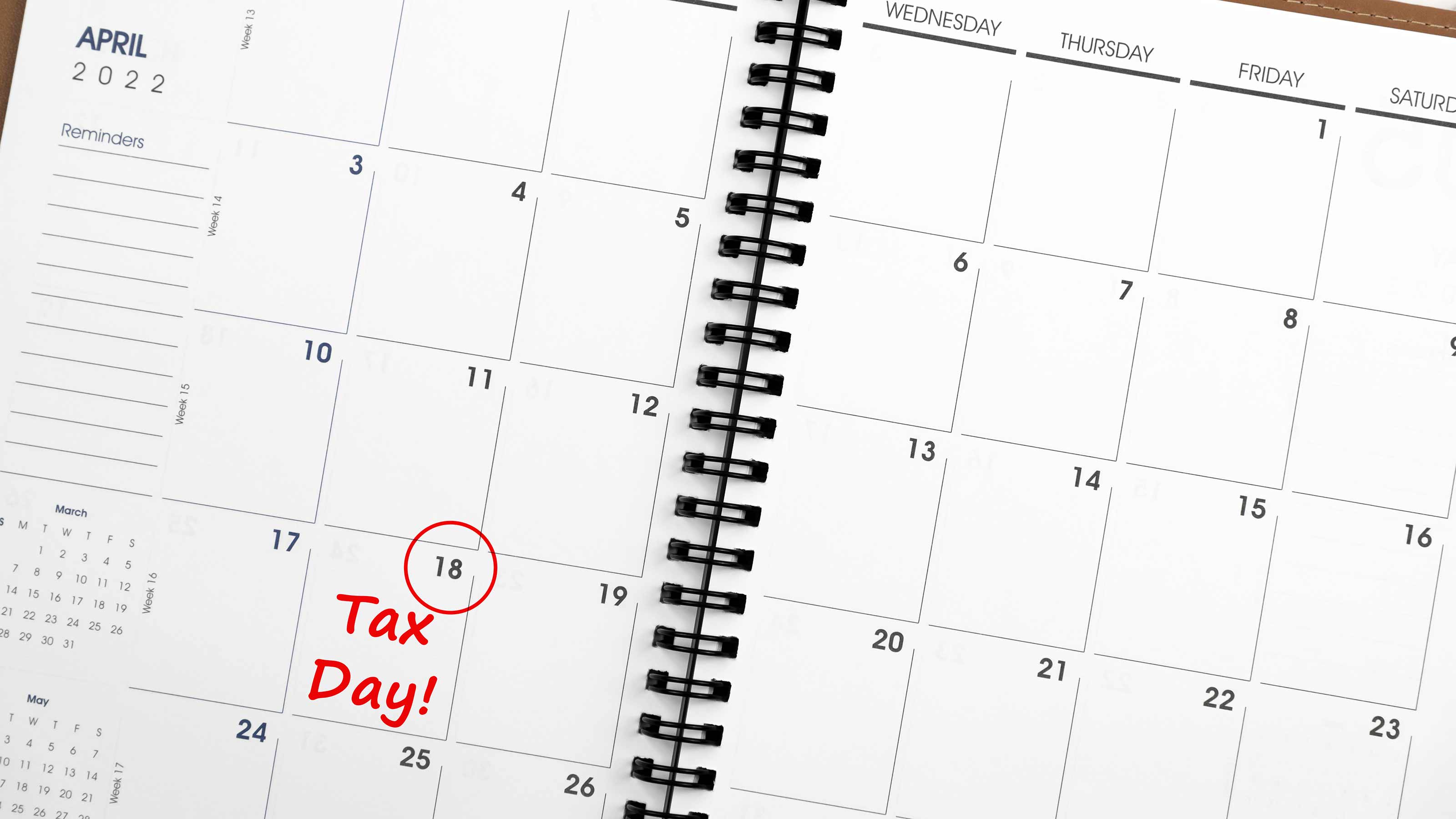 9 Tax Deadlines for April 18
9 Tax Deadlines for April 18tax deadline Between requesting a tax extension, making IRA or HSA contributions, and meeting other tax deadlines, there's more to do on Tax Day than just filing your federal income tax return.
